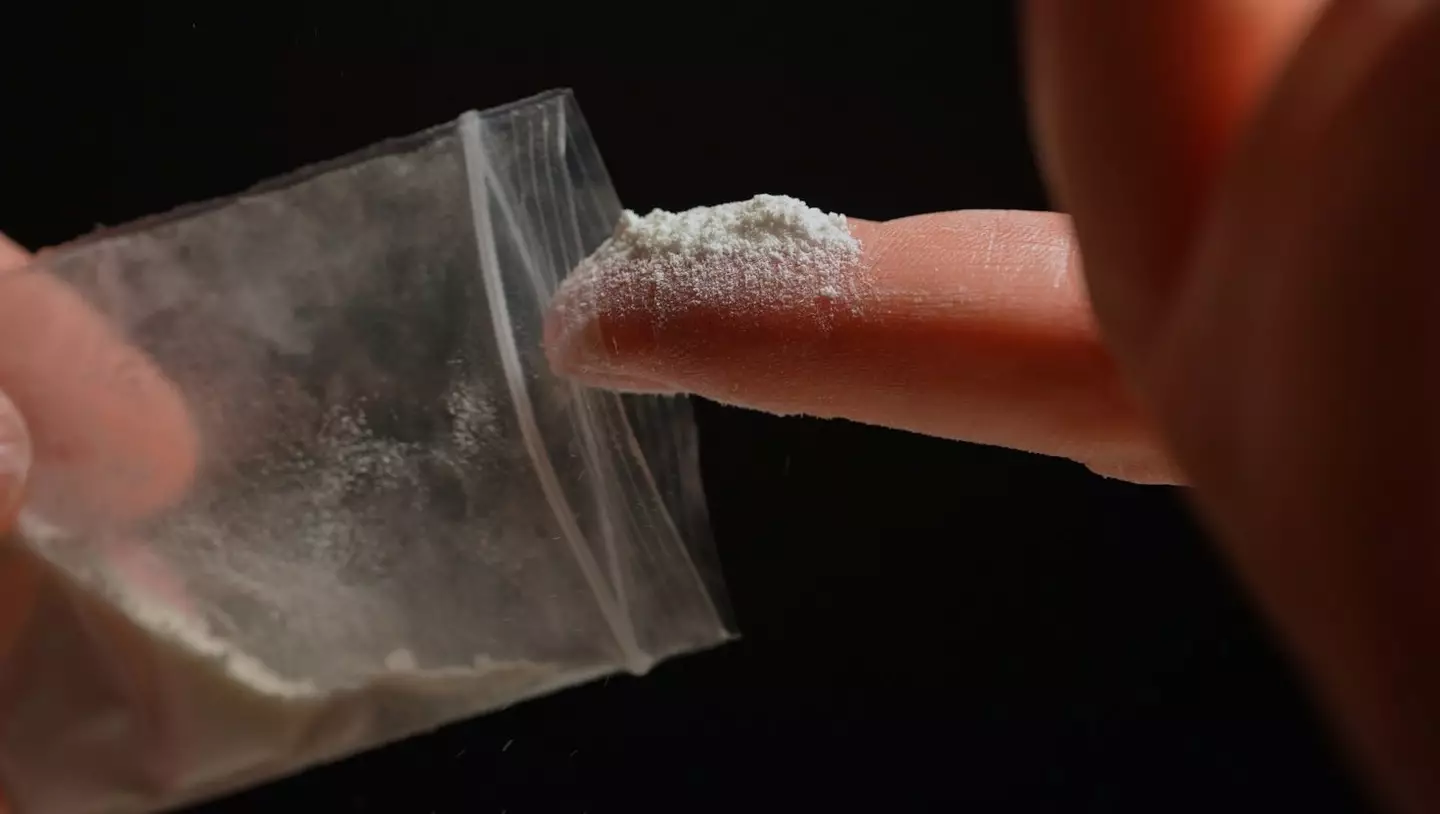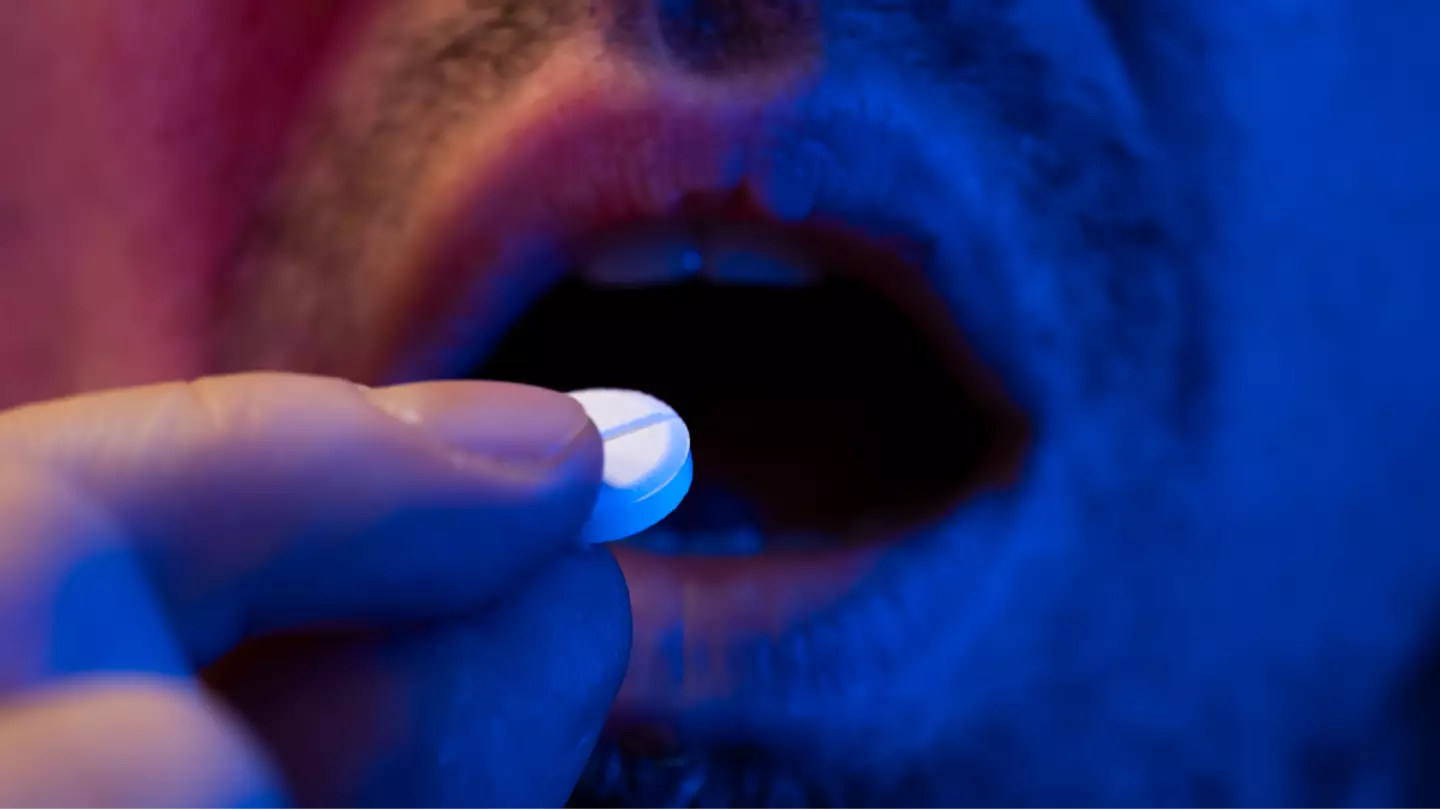Warning: This article discusses drug addiction, which may be distressing for some readers.
A former ketamine user has opened up about the ‘irreversible’ impact the drug has had on his health, urging others to reconsider abusing this Schedule III non-narcotic substance.
In the United States, ketamine is prescribed for both human and veterinary applications.
According to Drugs.com, it is often used for children who have allergies to other anesthetics or experience adverse effects, and it is also administered to patients at risk of bronchospasm and respiratory depression.
However, beyond its legitimate medical purposes, the Department of Justice notes that ketamine is frequently misused by teenagers and young adults due to its hallucinogenic effects.
Liam, a 37-year-old former addict, warns that those spending money on ketamine may face the same incontinence issues and liver pain that he now endures.

“I’ve been in hysterics before, unable to sleep, crying,” he described to the Daily Mail. “If I was to describe it as anything else I’d say it’s like being kicked in the balls, but constantly.
“You’re crippled, you can’t move or do anything. You’re coiled in a fetal position for hours. And the worst thing is the only thing that cures it is more.”
Liam shared that he began using the drug illegally in his youth, seeking a temporary escape from life.
“Teenagers now are using their lunch money to buy ket to deal with their anxiety,” he observed.
“We’re in an epidemic and no one realizes it yet. It’s only going to get worse.”
Through years of misuse, which have caused ‘irreversible damage’ to his body, Liam sometimes went days without eating and faced situations where the drug got ‘blocked in [his] system’.
He also recounted being caught driving under the influence, with a nurse taking his blood and claiming he ‘shouldn’t medically be alive’.
Eventually, Liam sought treatment at a rehabilitation center, costing £20,000 ($27,000) annually.

“I was the oldest person in that rehab centre for ketamine addiction,” he confessed.
“I completely get why this generation struggles so much with ketamine addiction – the school system has let them down, they have so much added pressure from social media, and the pandemic only isolated them more.”
Liam noted he would not have been able to attend Liberty House, a UKAT Group rehab in Luton, without financial assistance from his family.
“I am fortunate enough to have my family who helped me pay for it – no young person has that money though and they need to go before it’s too late,” he said.
Long-term ketamine use can lead to various health problems, such as the bladder issues that Liam experiences.
The National Institute on Drug Abuse (NIDA) reports that the drug can also lead to bladder ulcers, kidney problems, and chronic stomach pain, which is both dangerous and uncomfortable.
Ketamine abuse is also associated with negative mental health effects, with researchers indicating it can cause depression and long-term memory issues.
When combined with alcohol, ketamine can induce seizures, heart attacks, low blood pressure, and even coma.
Discontinuing the drug can result in withdrawal symptoms, including severe cravings and overwhelming anxiety and depression.
If you need confidential advice about drugs, you can contact American Addiction Centers at (313) 209-9137 at any time or visit their website for support.

